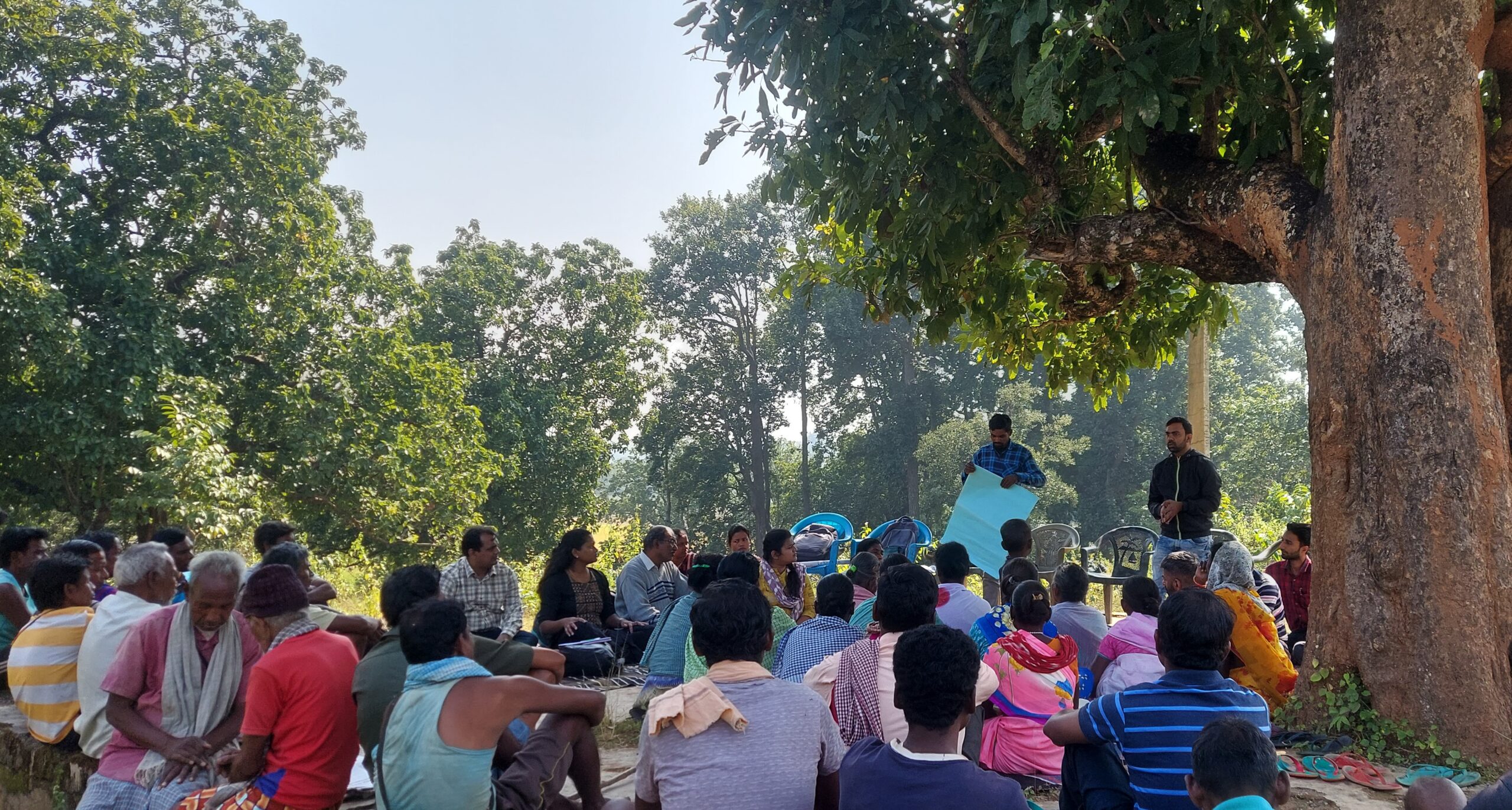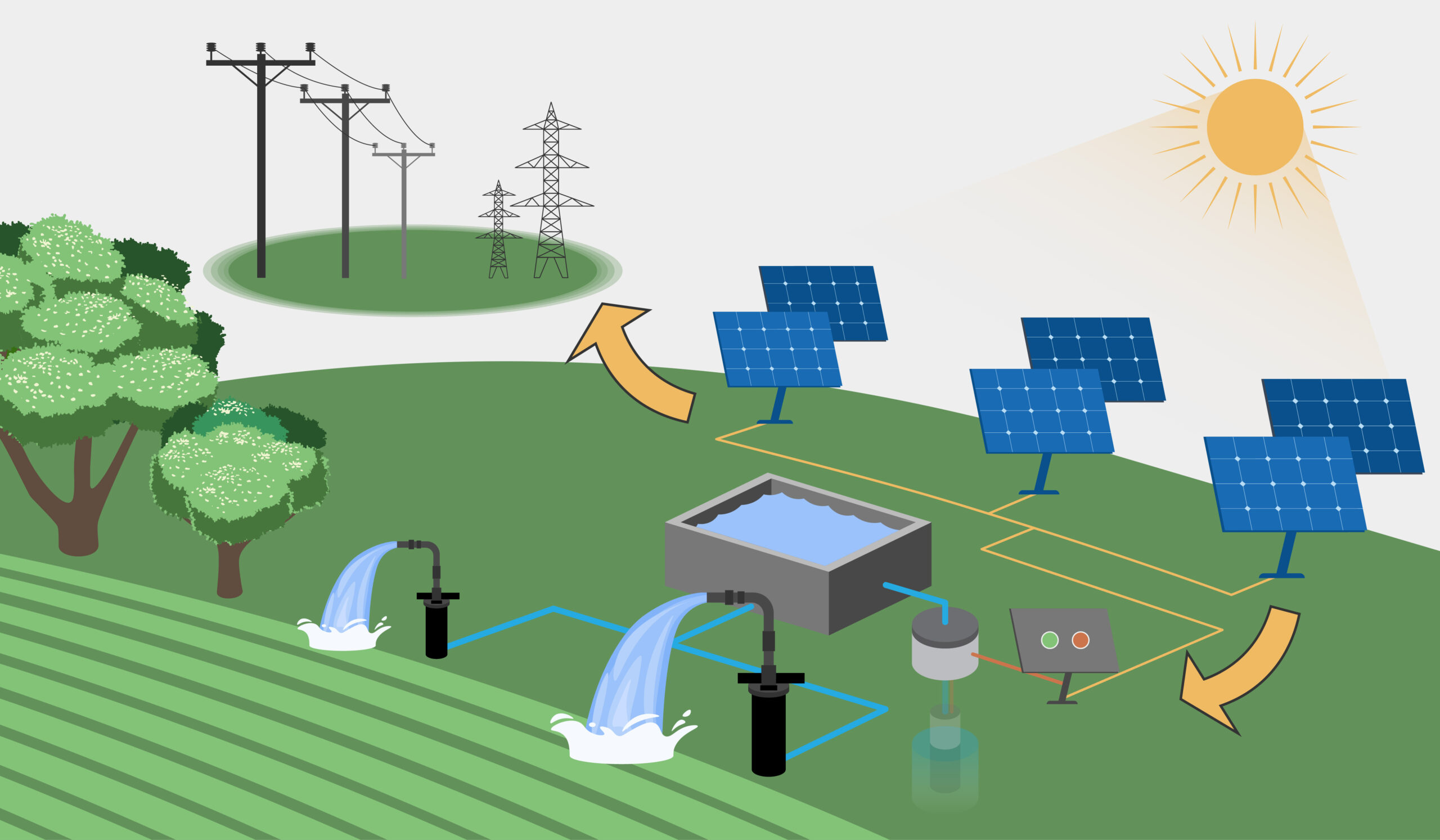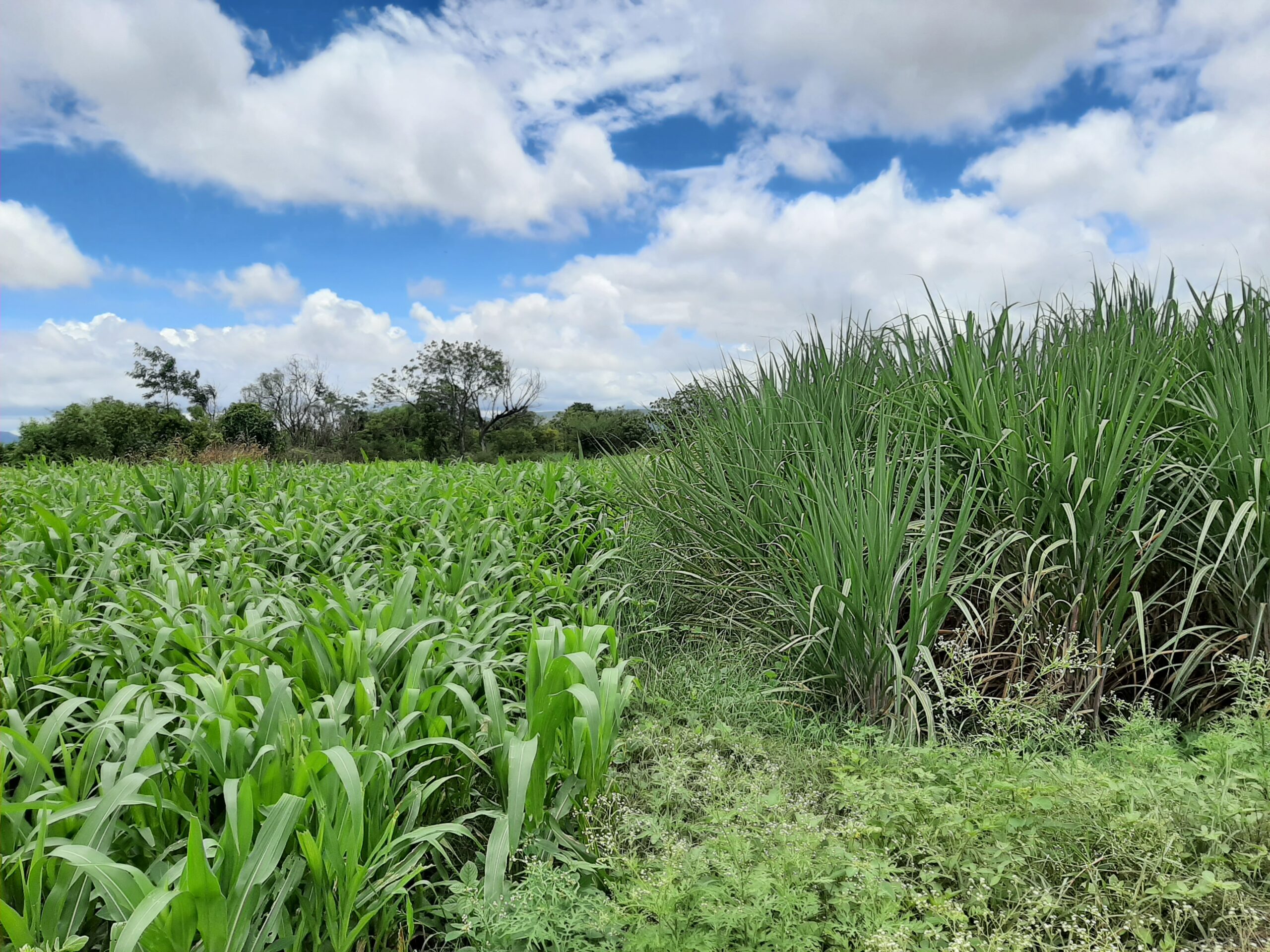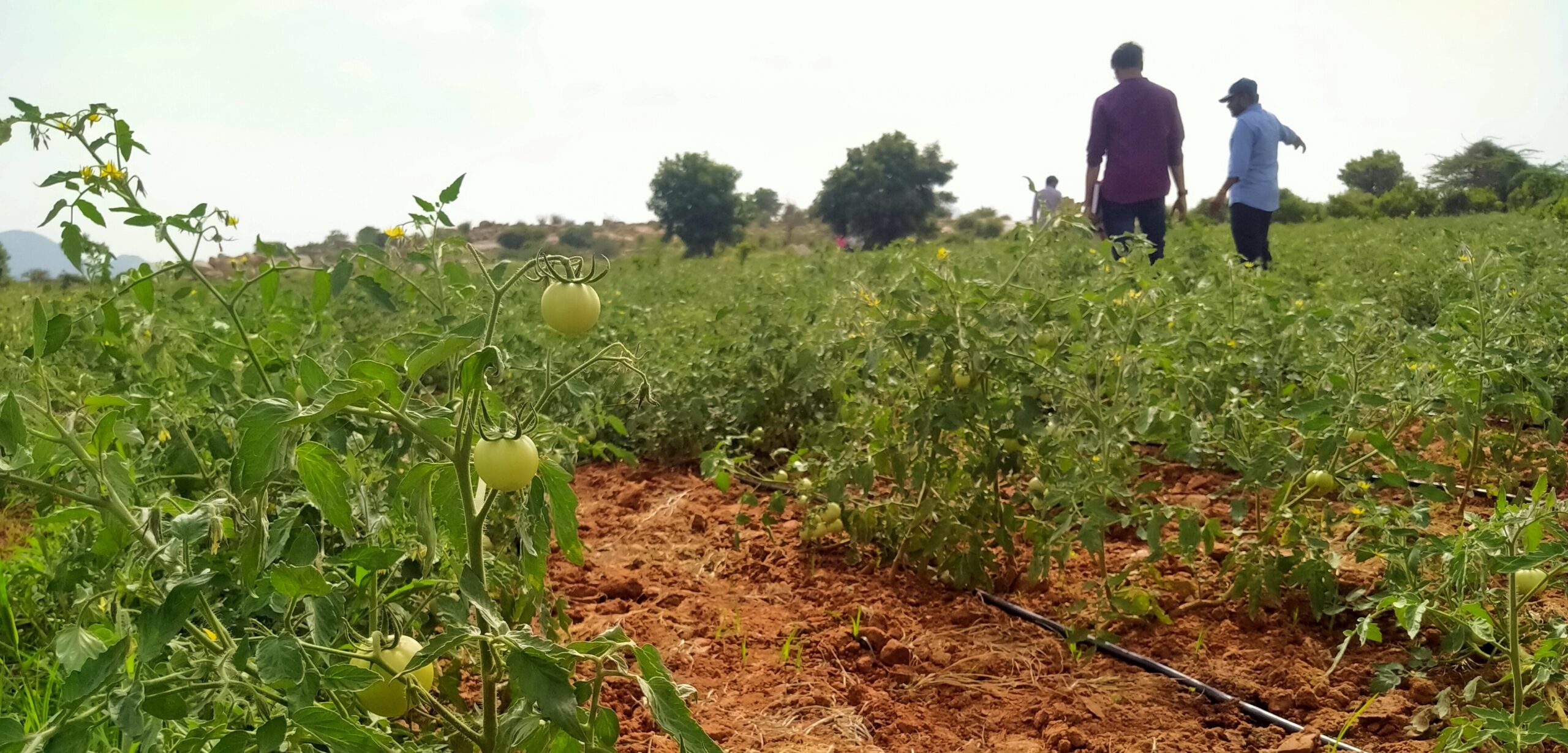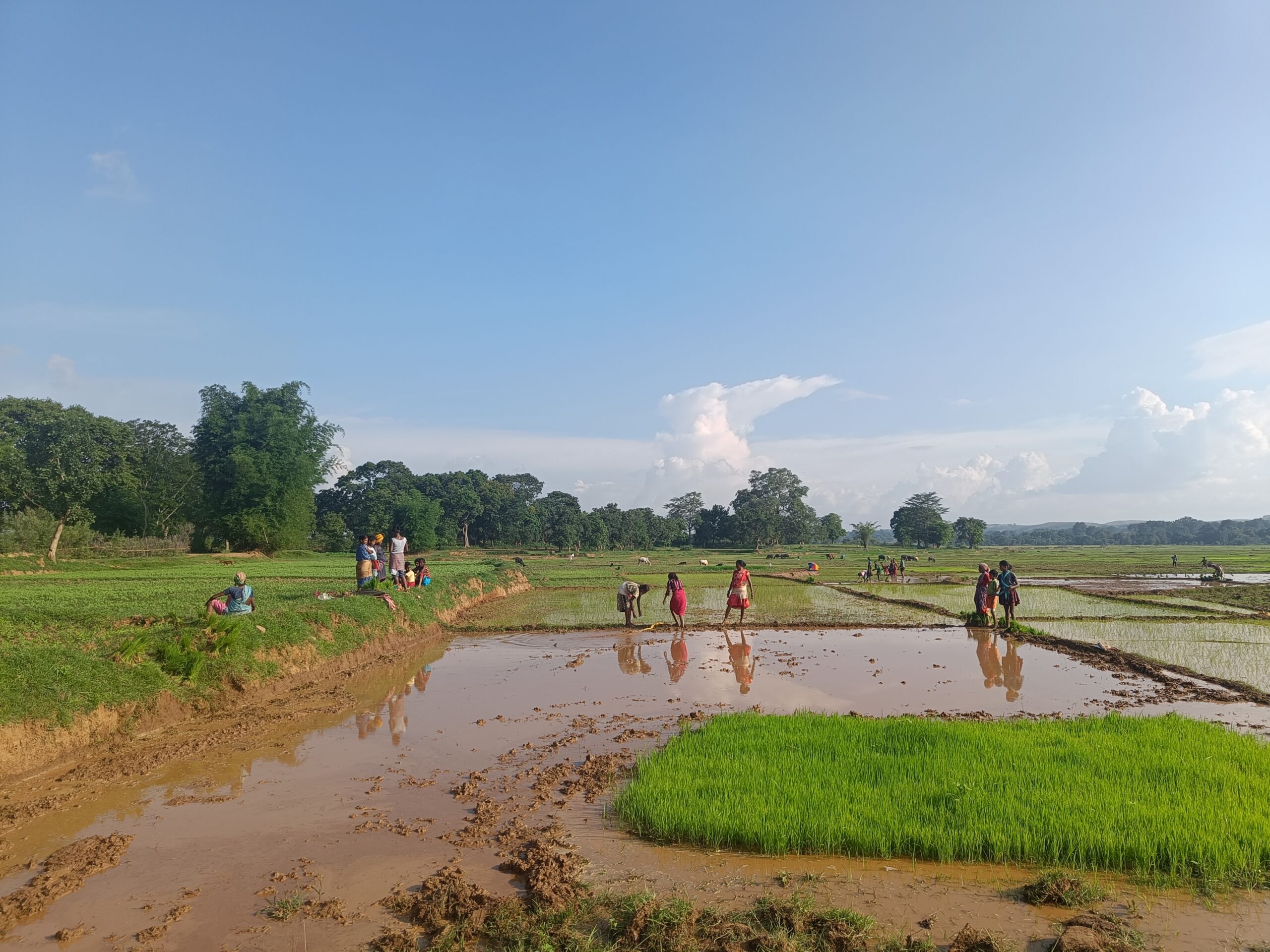GRE Clinics: Matchmaking in the Development Sector
We’ve been up to a little bit of matchmaking in the development sector. Through conversations we have had with grassroots NGOs over the past few months, we found that there remains a disconnect between people who need support or a service, and people who have the expertise. The Green Rural Economy consortium-led initiative (GRE) works to bring the two together. We have started addressing this divide through what we call ‘GRE Clinics’.
It is largely true that individuals and organisations in the development sector are familiar with one another, but they may lack an in-depth understanding of each other’s work or the challenges they encounter. Finding the time to pause and explore the broader landscape becomes a rare luxury for organisations juggling project planning, fundraising and implementation. The risk of inadvertently reinventing the wheel looms large.
Read | Field Notes from Lohardaga: How a Grassroots Organisation in Jharkhand Shares Knowledge
This is where the GRE initiative comes in. This consortium-led programme aims to make knowledge more discoverable and accessible, and thus improve the state of livelihoods in rural India and address challenges related to land and water sustainability. Our starting point is to ease access to knowledge. We aim to do this through co-creating playbooks, directories (featuring vendors and trainers), curating events and a forum for collaborative problem solving.
We started piloting GRE Clinics to bring together seekers and providers of information.
These sessions were designed to aggregate requests, questions, problems, and bottlenecks faced by individuals and organisations within the sector. This way, we match a knowledge seeker with a knowledge provider, an individual or an organisation that has already navigated a solution to a problem, and create a space where both can learn from each other.
Throughout this process, we keenly observe the dynamics of these interactions, gaining insights into the types of questions knowledge seekers pose and the diverse ways in which they exchange knowledge. This is important because the GRE platform we envision needs to host a wide range of information in accessible formats. By observing the interactions at these preliminary GRE Clinics, we get a deeper understanding of how to shape the platform to make it as intuitive and effective as possible.
Read | Restoring Landscapes and Improving Farmer Income, the People-Centric Way
As of December 2023, we have conducted three virtual GRE Clinics focusing on three themes – solid waste management in rural India, bio-resource input centres and identification of community-scale livelihoods. For the first series, we were able to bring together a diverse set of organisations such as Buzz Women, Saahas, AF Ecology, PRADAN, Prarambha, National Coalition for Natural Farming, Lipok Social Foundation and Tarun Bharat Sangh. One of these sessions even advanced to a full-fledged three-day training programme.
It’s early, but we feel our initial hypothesis has been validated.
We began with the assumption that CSOs attempting to implement a new intervention face numerous operational and technical hurdles. They have to venture outside their domain of expertise without enough access to experts who can guide them. Bringing two or more such CSOs together in a room can facilitate the exchange of knowledge between them.
While it’s still early days, we feel that this hypothesis has been validated.
The GRE Clinics revealed that even though many CSOs have known each other for an extended period, there was still too rudimentary an understanding of each other’s work to result in beneficial partnerships and knowledge exchange.
The clinic setup proved instrumental in surfacing the challenges they face succinctly and expediting the discovery of solutions and potential opportunities for collaboration.
Our learnings so far span curation of sessions and participants
- CSOs shared a wealth of tacit knowledge through stories and insights from their field experiences. These are typically challenging to document or capture in other formats such as knowledge manuals and videos, because these are largely anecdotal and not necessarily step-by-step descriptions of a process that a novice could run with.
- Expectations must be clearly communicated beforehand to both experts and knowledge seekers to ensure that they are adequately prepared for the types of questions that may arise.
- Including representatives at the same organisational level ensures that participants have at least a foundation on the subject, based on which comprehensive discussions and collaborations can arise.
- Curating sessions based on the language preferences of knowledge seekers and experts, along with ensuring organisations attending the GRE clinic have a similar level of understanding, enhances the quality of discussions and keeps participants engaged. This is particularly important in cases where there is one expert and multiple knowledge seekers.
We also observed pros and cons with one-on-one and group formats.
Knowledge Flow
With a group setting, given that it is usually made up of one expert and many knowledge seekers, we noted that the flow of knowledge is largely unidirectional. On the other hand, one-on-one meetings — particularly those involving staff with decision-making capacity at their respective organisations — extended beyond one interaction and to more long-term collaborations.
Knowledge Depth
A one-on-one meeting allows enough time and attention for in-depth discussions that are contextual and actionable for the one with the request. A group meeting requires some level of moderation to ensure that every participant derives some value from the exchange. In the long-run, however, we want to do away with moderation or keep it to a minimum to ensure the conversations are as rich and freewheeling as possible.
Effectiveness
A one-on-one discussion is most effective when there is a sourced request as opposed to casual matchmaking of two organisations simply because they are involved in similar lines of work. A group setting could be more interactive and lead to unexpected learnings but similar to one-on-one sessions, it is imperative that there is at least one party with the right expertise.
Effort and Curation
A one-on-one meeting requires minimum effort in terms of facilitation; all we really need to do is source the request and identify the right match, ensuring that both parties are equally fluent in the same language. Larger interactions are more intensive as we need to develop pre-reads, manage expectations and moderate on the day. We also need to make sure to group knowledge seekers carefully, keeping in mind factors such as language, current level of awareness on the subject, and type of request.
We will conduct more GRE Clinics and experiment with different formats
While we will continue carrying out GRE Clinics in the current one-on-one and group settings, we will also experiment in the upcoming phases. We are trying out a group format that involves a single knowledge seeker alongside multiple experts. This, we believe, would be particularly useful to address persistent issues. Getting multiple experts in the same room would lead to the kind of brainstorming and sharing of experiences to arrive at a consensus on possible solutions.
As part of the Green Rural Economy (GRE) project, we are conducting a series of ‘clinics’ that cover a diverse range of topics. By bringing together experts who can ‘diagnose’ your problems and help find answers, we aim to create a platform for knowledge exchange
The GRE Clinics will cover millet farming, watershed management, natural farming, poultry farming, farmer producer organisations and self-help groups, women’s rural livelihoods and rainfed farming
To know more, fill up this form or write to lakshmipranuti.choppakatla@ifmr.ac.in.
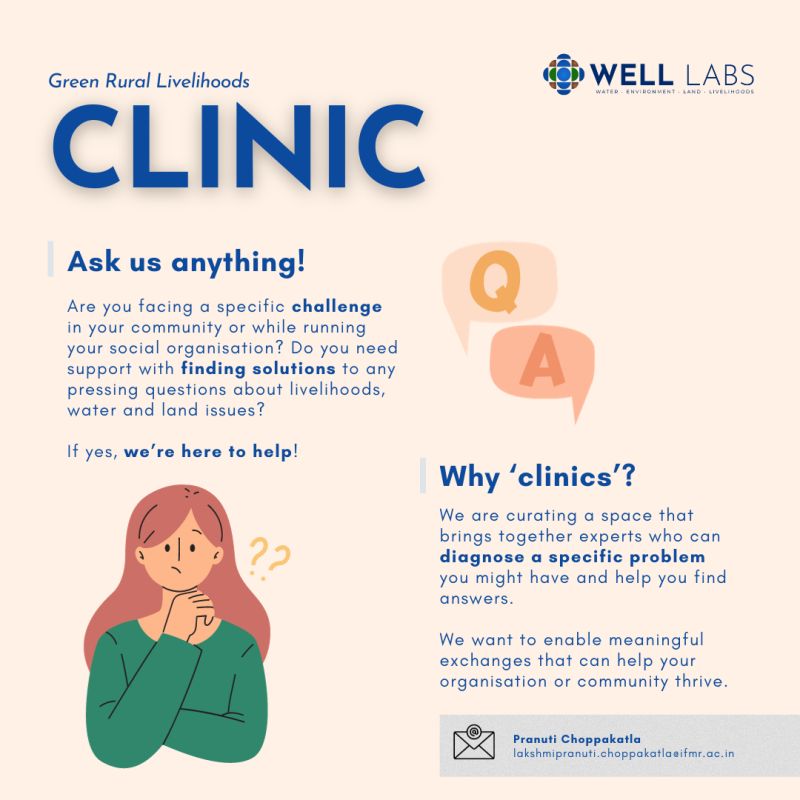
With inputs by Smita Kumar and Srushti Paranjpe
Cover photo by Manjunatha G. (Please note that this is a representative image of a farmer demonstrating how he carries out a traditional intercropping method called Akkadi Saalu in Kolar, Karnataka. Our GRE Clinics have been virtual sessions so far).
Edited by Kaavya Kumar
If you would like to collaborate, write to us. We would love to hear from you.
Follow us and stay updated about our work:


